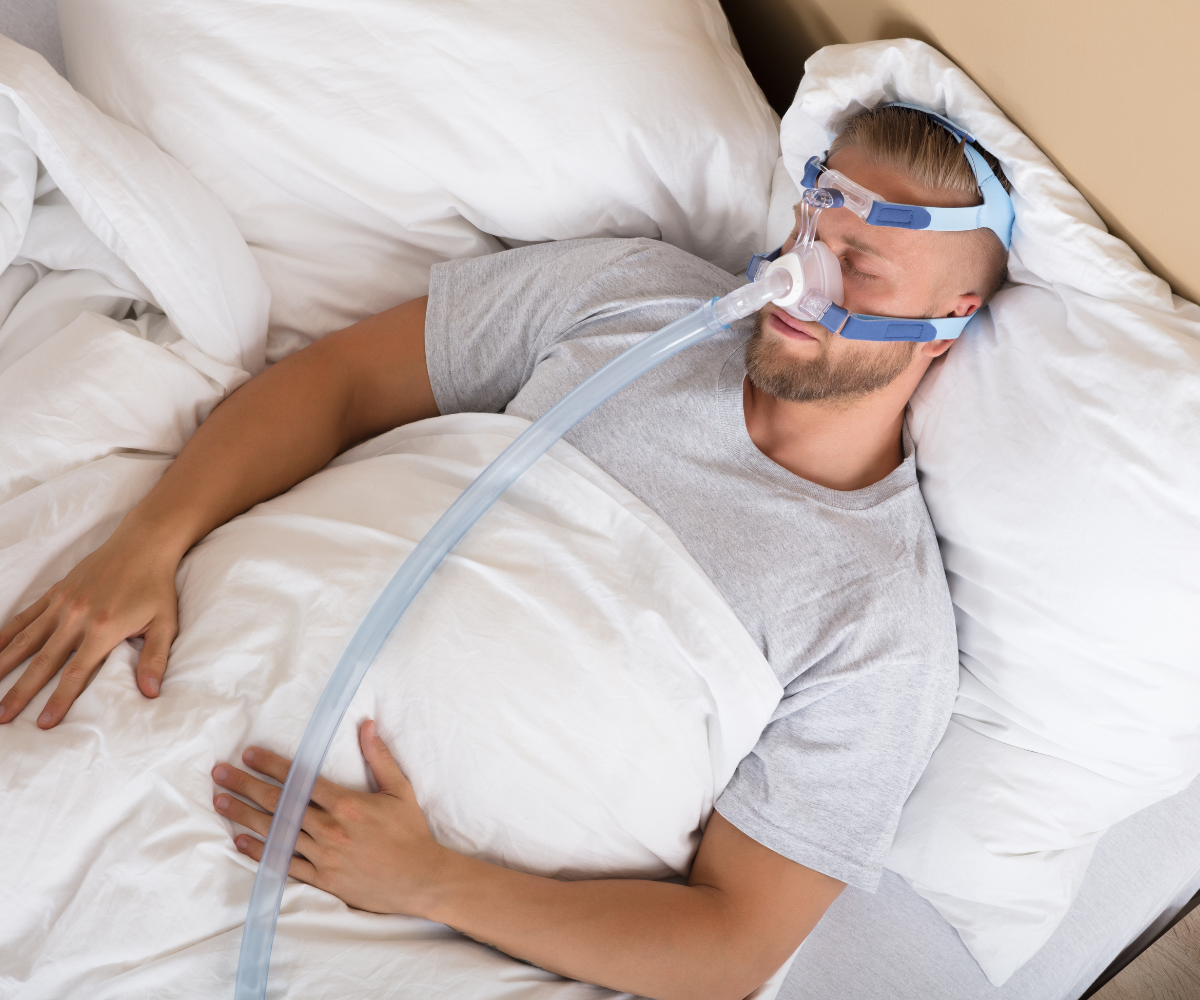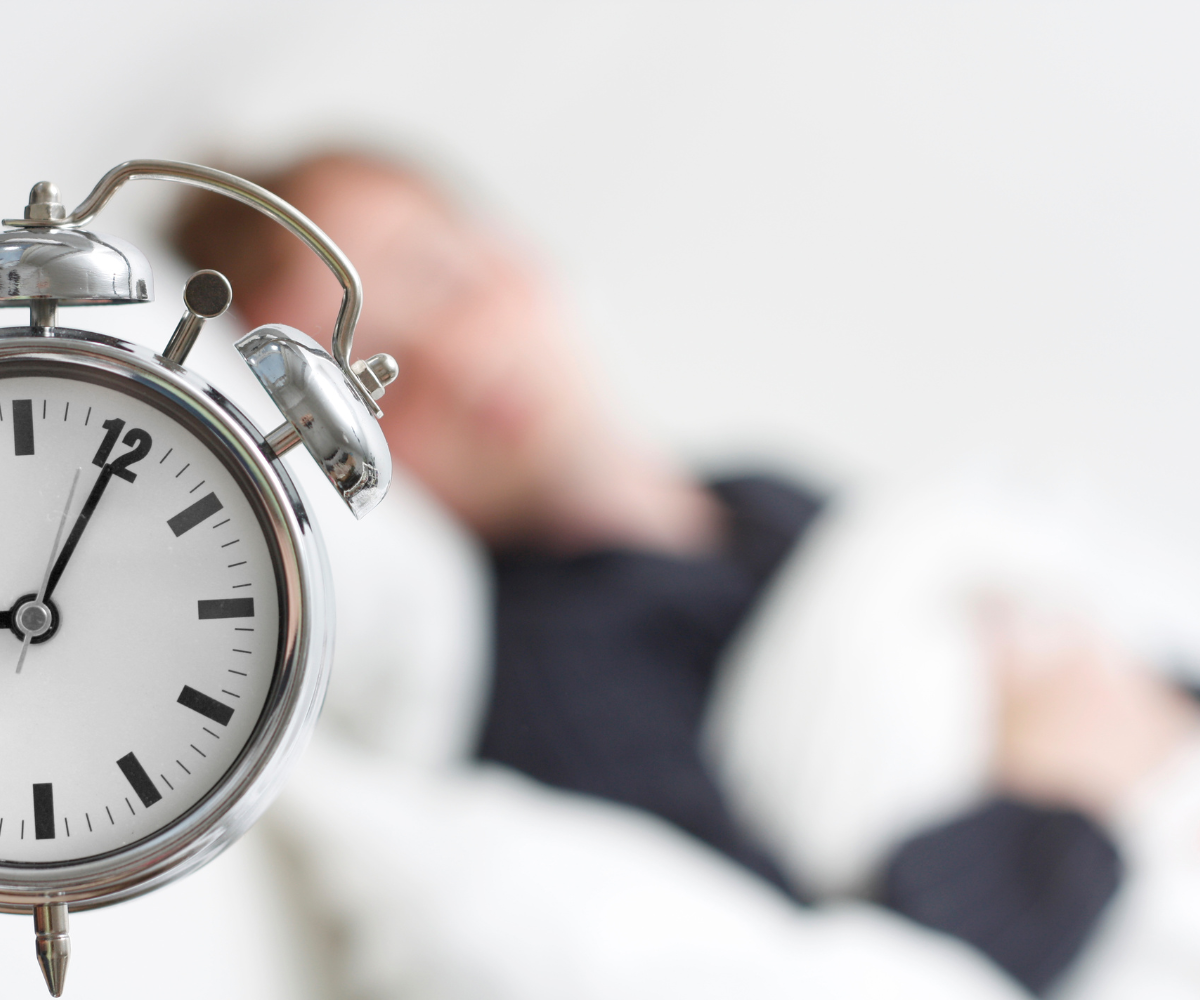When is the Best Time to See a Sleep Apnea Doctor?
Sleep apnea is a serious and often underdiagnosed sleep disorder where breathing repeatedly stops and starts during sleep. It can affect anyone, including children, but it’s especially common in middle-aged adults. If left untreated, it can lead to significant health complications such as high blood pressure, heart disease, and chronic fatigue.
Childhood and Teen Years: When Breathing Patterns First Change
Although sleep apnea is more commonly associated with adults, its early signs may emerge in childhood or adolescence. Loud snoring, restless sleep, bedwetting, or difficulty concentrating in school could be indicators of an underlying issue. Often, these symptoms are overlooked or mistaken for behavioural problems. A trained specialist can evaluate these signs to determine if further testing is needed. Paediatric sleep apnea may be caused by enlarged tonsils or adenoids, allergies, or other anatomical issues.
Early Adulthood: A Critical Time for Assessment
People in their 20s and 30s may begin to experience more pronounced symptoms of sleep apnea. These can include excessive daytime fatigue, morning headaches, and difficulty staying asleep. While these issues are often blamed on lifestyle or stress, they may point to an undiagnosed sleep disorder. Consulting a sleep apnea doctor during this stage can prevent long-term damage to the heart and brain. Many adults report a marked improvement in energy levels and cognitive performance once treatment begins. Moreover, addressing sleep apnea early can reduce the risk of developing other chronic illnesses.
Warning Signs You Should Never Ignore
Certain symptoms require immediate medical attention, regardless of your age. Waking up gasping for air or choking is a significant warning sign. Frequent loud snoring, especially when accompanied by long pauses in breathing, can be a significant indicator. Some people also report dry mouth, sore throat, or mood changes upon waking. If you or a loved one is experiencing these signs, it's crucial to seek professional help. Undiagnosed apnea can lead to reduced oxygen levels at night, placing extra strain on the body.
Factors That Influence Diagnosis and Treatment
Everyone’s experience with sleep apnea is different, and multiple factors influence both diagnosis and treatment. Age, weight, neck circumference, and underlying health conditions all play a role in how the disorder presents. Lifestyle habits like smoking, alcohol use, and sleep posture can also affect severity. Genetics can increase the likelihood of developing sleep apnea, especially if there’s a family history of similar issues. These findings help determine the most effective treatment, whether it's lifestyle changes, CPAP therapy, or surgical options.
When to Visit an Apnea Specialist
So, when is the best time to visit a sleep apnea specialist? Ideally, as soon as symptoms start to interfere with your daily life. Persistent fatigue, irritability, or reduced performance at work or school shouldn't be brushed off. Even mild cases benefit from professional evaluation and guidance. Early detection enables a wider range of treatment options and a higher likelihood of avoiding complications. A qualified professional will guide you through diagnosis and recommend the right course of action based on your needs.
Sleep apnea affects people differently, but the impact on daily life can be significant. Ignoring symptoms like loud snoring, constant fatigue, or poor sleep quality can lead to more serious health issues over time. Seeing a sleep apnea doctor early helps identify the problem and start the right treatment. Taking action sooner rather than later can lead to better sleep, improved focus, and long-term health benefits.







%20(1200%20%C3%97%20232%20px)%20(9).png)











